Originally published on UTS Business School News
As the Australian Government releases its much anticipated Innovation Statement, what lessons can we draw from the ‘Start-up Nation’, Israel, for implementation of the statement's plans for education?
I recently travelled to Israel as part of an Australia-Israel Chamber of Commerce trade delegation which aimed to explore business and investment opportunities and to better understand Israel’s unique entrepreneurial culture and innovation ecosystem. The delegation was headed by Wyatt Roy, MP, Assistant Minister for Innovation and a key player in the development of the Innovation Statement.
The trip was a revelation, as I witnessed in a very real and tangible way that a national groundswell towards a knowledge-based economy is possible.
As Avi Hasson, Chief Scientist at the Ministry of Economy explained, Israel has accelerated from “oranges, as the largest export 20 years ago, to technology now being a $US50 billion GDP contributor”.
After an inspiring eight days studying the mechanisms of one of the world’s great start-up communities – and particularly the key role that universities play in technology transfer – I believe it is vital that Australian universities capitalise on the new focus on innovation and collaboration.
“Collaboration [is] a breath of fresh airbetween industry and Israel’s universities”
I saw in Israel that a culture formed from 2000 years of overcoming adversity underpins innovation and entrepreneurship there. The start-up community’s innovative spirit is also formed in the crucible of military conscription, where lives are at risk and everyone is personally involved and affected. It is something of the national character that Israelis are alert to possibilities that can make a difference, and willing to take action, quickly!
This culture is not a template Australia can replicate. However, the delegation’s visit to a number of different educational institutions allows an Australian take on the Israeli strategy. As delegation member Jonathan Marshall, founder of Bondi Labs, put it, we were witness to “mutual collaboration – a breath of fresh air between industry and Israel’s universities”.
In Israel, everyone knows everyone, and this promotes positive channels between governments, academia and industry. For universities, the key is to find researchers who are early adopters of industry collaboration, and to experiment with small initiatives.
Demonstrating small wins in a risk-averse environment like Australia will assist in propagating advocates, and will generate incentives to commercialise technology developed by our institutions. Israel has led the world in technology transfer from universities – spinning out new enterprises. Two in particular, Technion - the Israel Institute of Technology, and the Hebrew University of Jerusalem, have interesting models.
Technion, a science and technology research university based in Haifa, north of Tel Aviv, has a strong mechanism to engage entrepreneurs: every student enrolled has to take a mandatory Minor in Entrepreneurship. This particularly resonated with Adrian Turner, CEO of Data61, CSIRO’s commercialisation vehicle. He says it reminded him of the 18 years he spent in Silicon Valley. “The system seems to be very focused on encouraging students to pursue the entrepreneurial path,” he says. The result? Technion transfers into the economy 100 student-led businesses a year, with revenues that exceed $US32 million.
“The system seems to be very focused on encouraging students to pursue the entrepreneurial path”
At the other tech transfer leader, Hebrew University, researchers are strongly encouraged to engage with industry. Liaising with professionals with real-life challenges and opportunities influences academic research outcomes, in turn solving unmet market needs. Products based on the university’s tech transfer developments generate more than $US2 billion in annual sales.
Both business models are successful. As Sarah Pearson, CEO and Founder of Canberra-based CBR Innovation Network explains, “Science and innovation education permeate the culture of Israel, beginning by engaging three-year-olds in science. Parents value entrepreneurship as a career, universities foster a culture of impact and commercial outcomes, and the government supports this in a strategic and holistic way.”
A lot has been said about the need for Australian schools to provide more STEM (Science, Technology, Engineering and Mathematics) education. In Israel, Jon Medved, CEO of OurCrowd, the world’s biggest equity crowd funding platform, told us Israel is “running out of geeks”.
So, visiting the science and technology education centre Technoda was humbling. Technoda attracts more than 30,000 children a year to science enrichment classes, from every ethnic group, religion and lifestyle. With the recent opening of a second campus, just 10 kilometres north of Gaza, it is clear STEM education can and must be accessible to everyone.
From a university perspective, Australia needs to worry about the brain drain as well. Some 8000 IT students graduate from Australian universities and return to homes overseas each year. Until the throughput of social ventures such as Code Club Australia start to drive new, local STEM talent into the Australian workforce, we must do much more to encourage this demographic of international graduates to stay and help build our tech startup community.
Universities have a major part to play in guiding future talent into an innovative environment where government, industry and academia collaborate. We can promote this now with students playing a central role. Students must be able to access entrepreneurial education programs and easier ways to commercialise university technologies.
Israel is leading the way. It’s time for Australia to take the next step.

